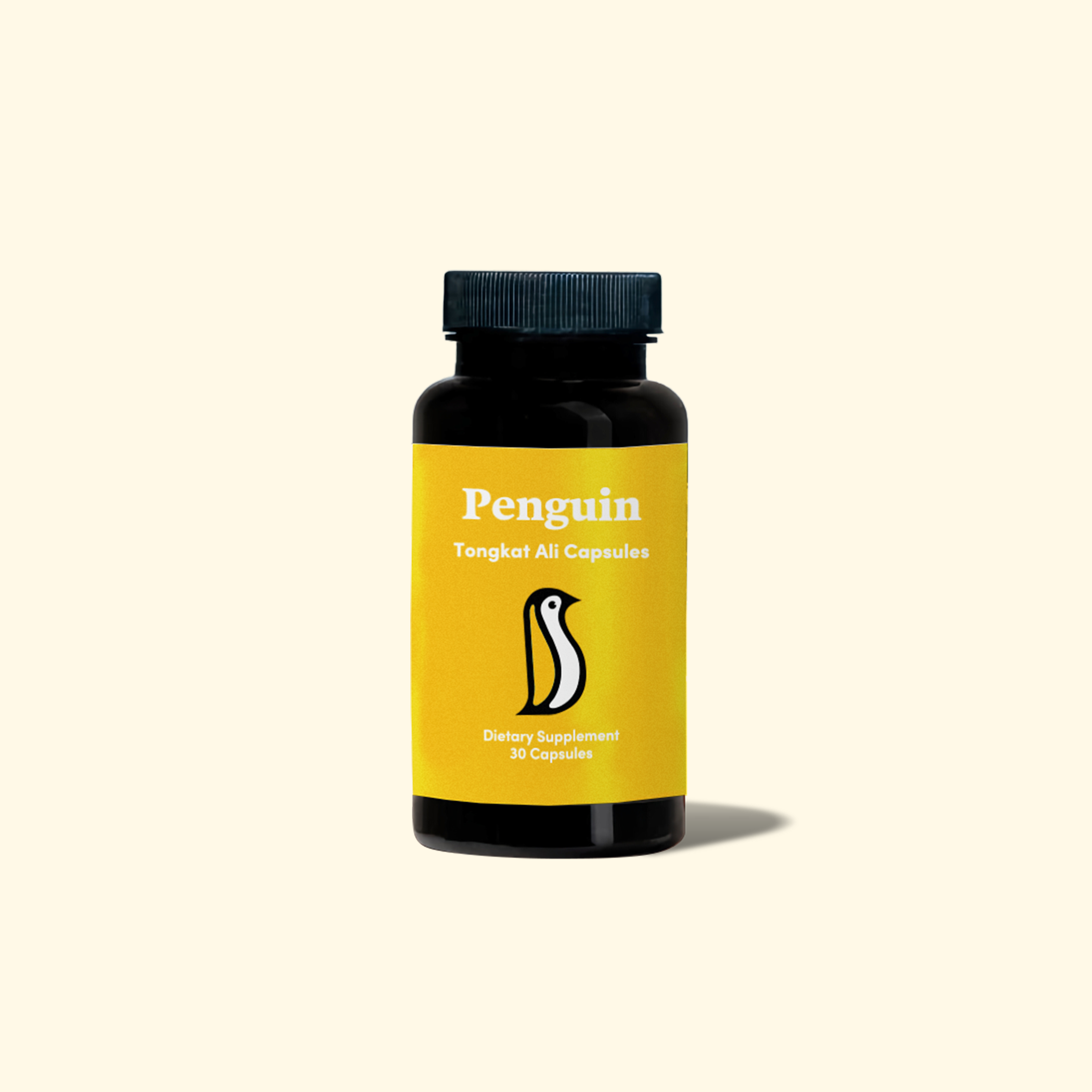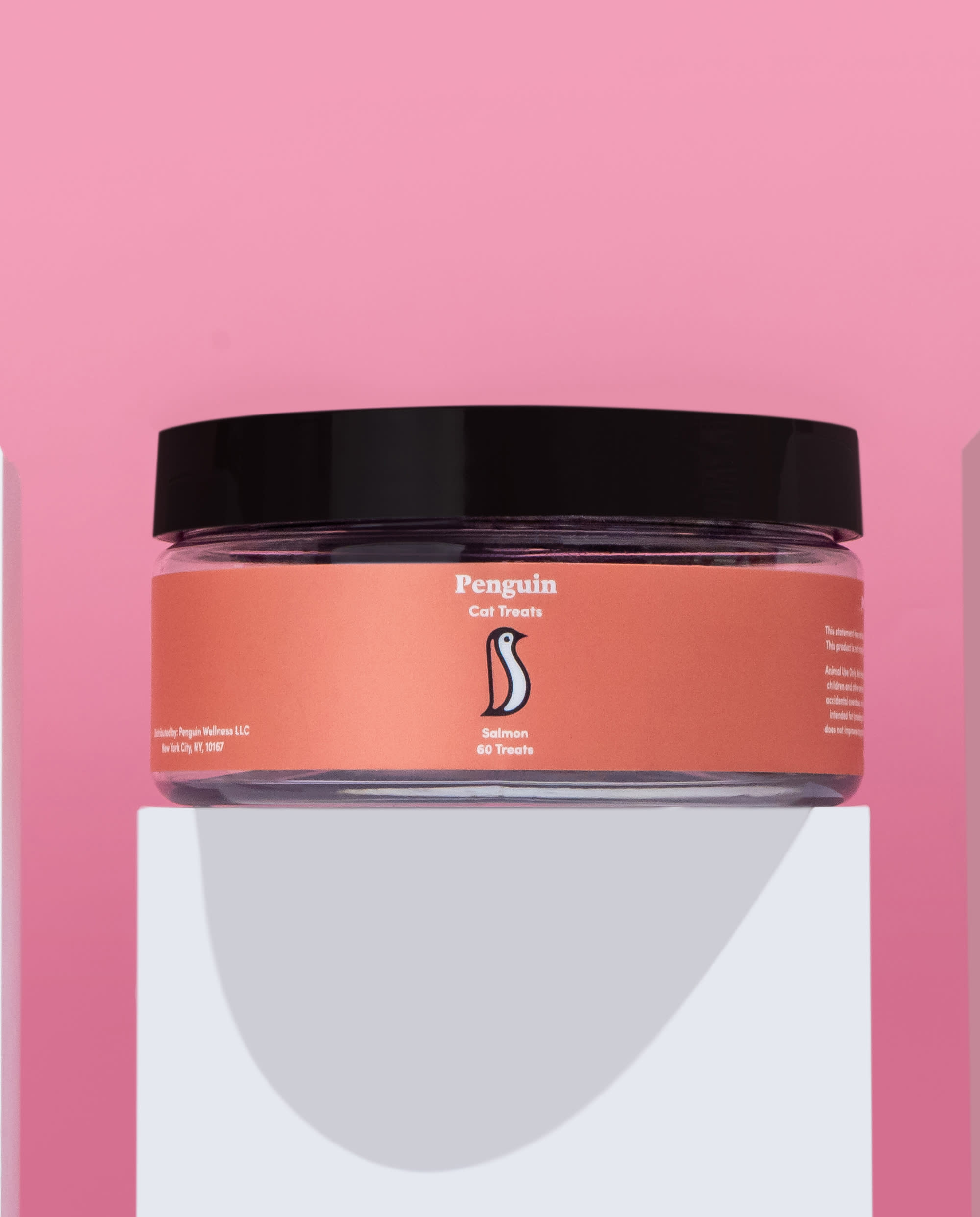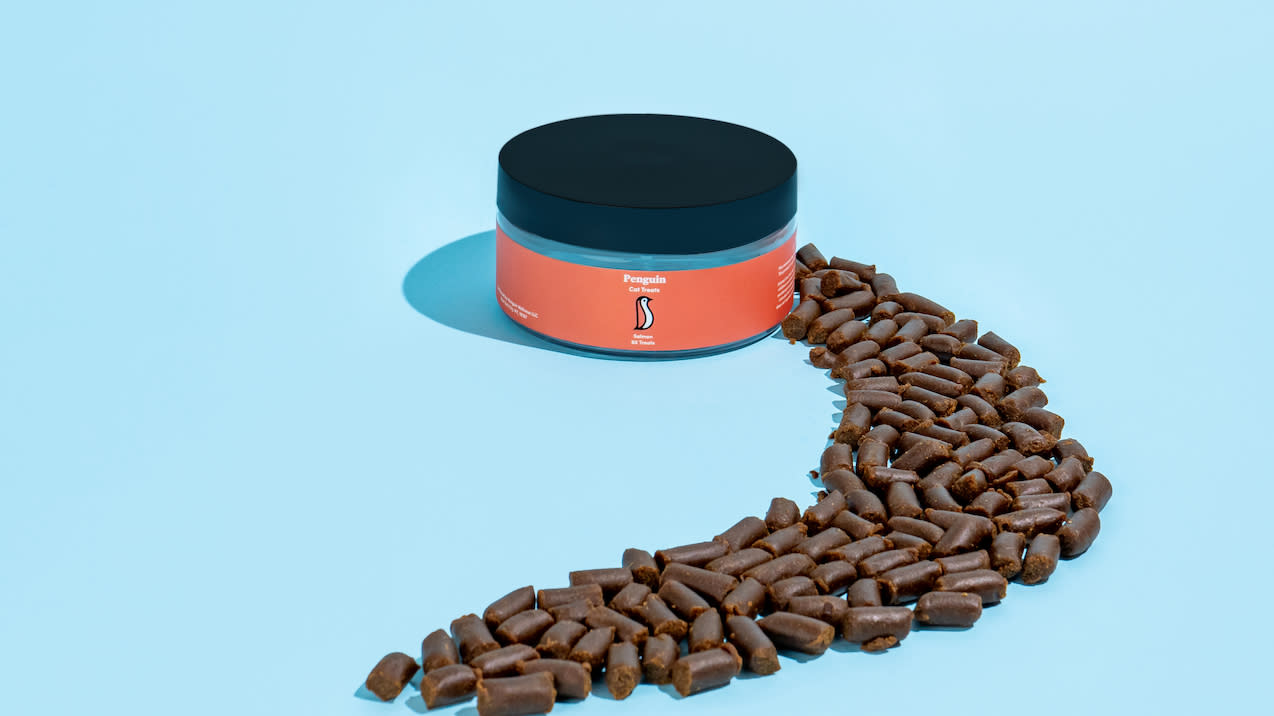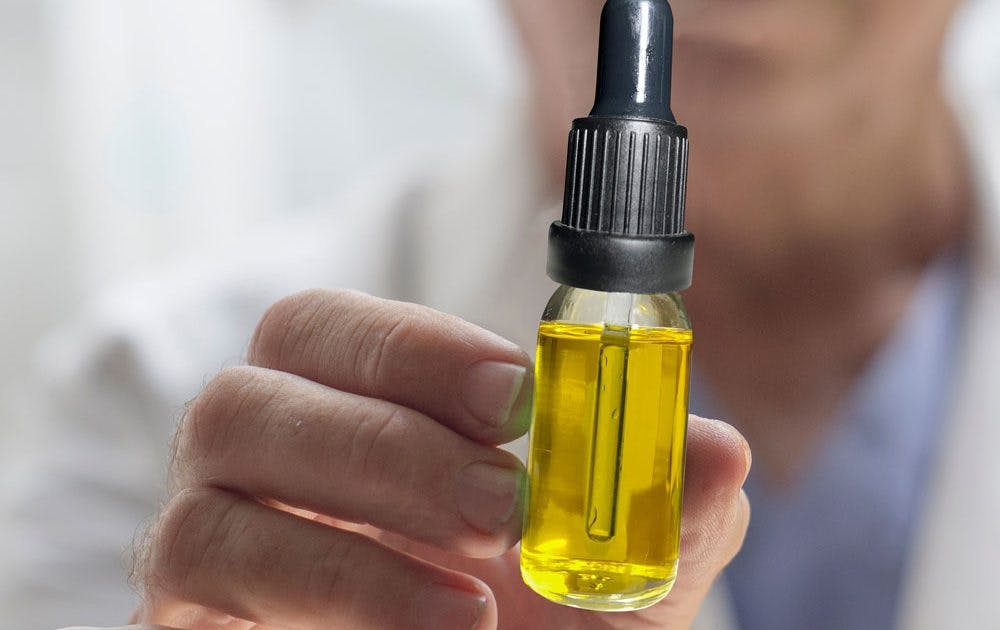How Tech Is Changing the CBD Industry
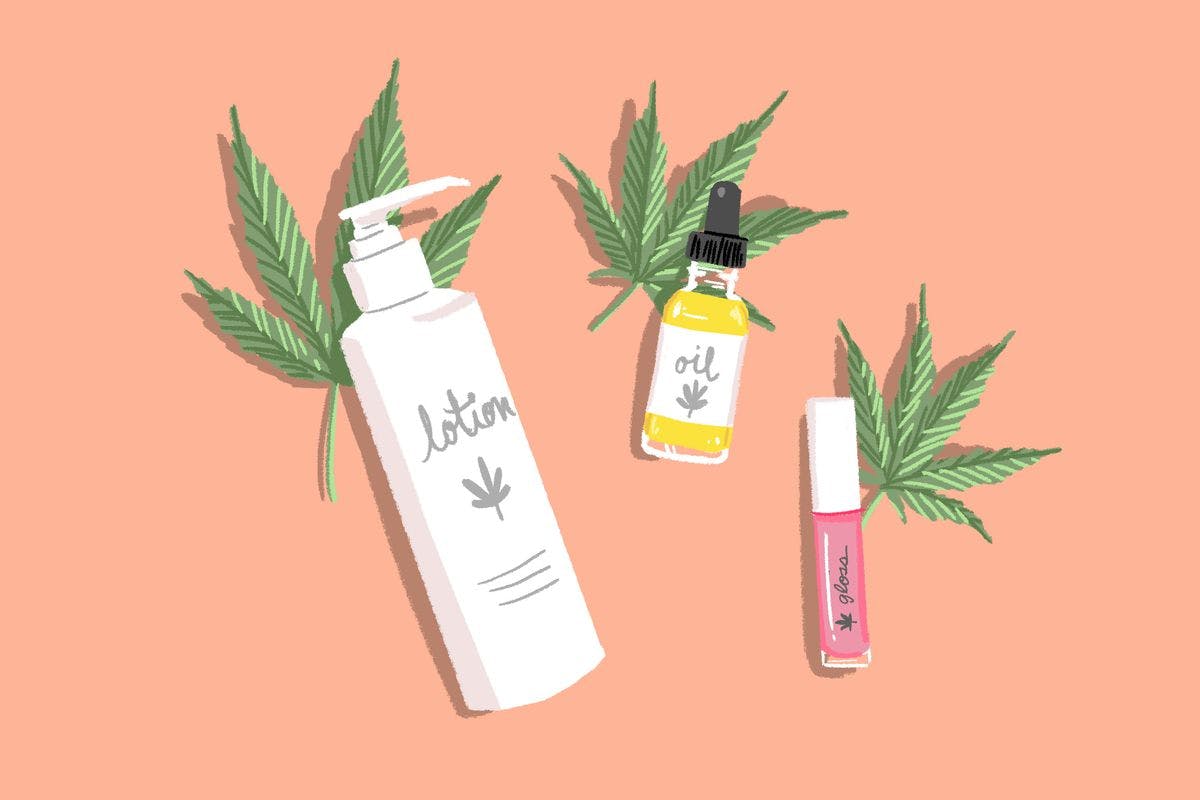 By Penguin CBD
By Penguin CBDHemp-based businesses are cropping up everywhere, and CBD is at the forefront of these. In fact, the CBD industry is growing as fast as producers can harvest this cannabis plant.
According to a cannabis-focused research firm, the Brightfield Group, the CBD industry has the potential to become a $22 billion business by 2022. And various Wall Street investment banks say it could hit $50-75 billion in annual sales in roughly a decade.
Hemp is a close cousin to marijuana, but without the chemical that will get you high. Thanks to the 2018 Farm Bill, it has been removed from the Controlled Substances Act, eliminating restrictions on the regulated cultivation and commercial sale of most hemp and hemp-derived cannabidiol products in interstate commerce.
This has opened the way for the sale of products containing cannabidiol, or CBD, as long as they contain sufficiently low amounts of the psychoactive ingredient THC.
This is an industry that is constantly evolving, and one thing is clear: hemp-based markets will have to continue to make major adjustments if they want to ride the wave of the industry’s growing popularity.
While it may seem like everyone and their dog (literally, as many CBD products are marketed to pet owners) are singing the praises of CBD, the industry is still very much in its infancy.
There is no doubt that the CBD industry is ripe for historically fast growth and disruption, but long-term business success will be directly tied to implementing cutting-edge technology and finding innovative solutions to surmount the inevitable hurdles.
Improving consumer confidence
First, it helps to understand a little about the current state of hemp-based businesses and some of the major hurdles they are facing. The CBD industry is in a paradoxical situation in which consumers are expressing both excitement and caution about these products.
This has to do, at least in part, with the confusion swirling around CBD: its legal standing, regulations and lack of information about its effectiveness.
Even though hemp-derived CBD is now considered legal, the production, distribution, transportation and sale of these products is still regulated. The U.S. Food and Drug Administration (FDA) is responsible for regulating consumer products that contain CBD.
However the FDA hasn’t yet formalized its guidelines for approving CBD products or addressed issues relating to safety, standardized dosage amounts, testing and labeling. Until that happens, the CBD industry will continue to occupy a bit of a gray area.
Meanwhile, the industry has grown rapidly, and CBD products are flooding into stores and online platforms. Many consumers are keenly interested in CBD’s potential, especially in areas such as reducing stress and anxiety, improving sleep and relieving joint pain; however, many also remain wary about product safety and the accuracy of its potency or concentration.
For CBD to truly come into its own and be fully accepted in the mainstream marketplace, companies must ensure the integrity of their product. Lack of regulation and inconsistency in the CBD market are major hurdles to transparency. This is where smartly applied technology that keeps a watchful eye on product quality can help instill consumer confidence and create long-term growth.
Let’s look at a few ways in which technology is changing the scope and market capacity of the CBD industry and busting open the door to this rapidly evolving industry.
Quality-tracking software
Consumers want an accurate and truthful representation of what’s in their CBD, and this is propelling software developers to create tracking programs. One such company, Vermont-based startup Trace, is using blockchain as a way of providing accountability for CBD and other hemp-related products. The goal is to make available details such as where, how and when a hemp plant was grown, and how it was processed.
According to Trace, the idea is that one day consumers will be able to scan CBD products in the store to get information about the product’s origins. Having this verification is sure to become an industry gold standard, boosting consumer confidence, and should be a major selling point in product marketing.
Other companies are developing similar supply-chain management and tracking software. This software increasingly contains tools -- known as Enterprise Resource Planning -- that help hemp businesses keep track of their employees, and generally keep their business in the black.
Using this type of software increases transparency, ensuring accountability from growers, processors and product producers. And when regulations do come online, this type of software can also ensure that companies are staying in compliance and that their business is completely aboveboard.
Solutions to banking barriers
Besides being used in quality-tracking software, blockchain and cryptocurrency are also emerging as ingenious solutions to sidestep traditional banking for those in the hemp and cannabis industries.
Cryptocurrencies (typically associated with bitcoin) are digital assets that work as a medium of exchange. They use airtight cryptography to facilitate secure financial transitions. By replacing conventional transactions with cryptocurrency transactions, CBD companies can avoid the industry’s well-known banking troubles.
It might seem that since the federal government has legalized CBD, banking would no longer be a problem, but many traditional banks still associate CBD with marijuana, which is illegal under federal law. While more than half of U.S. states have legalized marijuana in some form, the connection between CBD and weed means that many mainstream institutions are wary of offering traditional financial backing.
For CBD, hemp or cannabis businesses, cryptocurrency offers a few notable features that allow these companies to accept secure, cashless and fast payments that can be easily converted into greenbacks.
- Every transaction can be traced, including when a grower destroys contaminated product or ships product to a retail client, or when a customer buys CBD or cannabis.
- The blockchain digital ledger cannot be manipulated or changed.
- The data is decentralized, so the technology is much more difficult to hack.
Cutting-edge cannabidiol extraction technologies
High-quality CBD oils are a must if you want to become a top distributor in the industry. The purest CBD extracts must be used in CBD products if consumers are to have the benefits of the compound. There are a number of ways in which CBD is extracted from hemp, from rudimentary methods using ethanol or olive oil to more advanced methods, such as the widely used carbon dioxide extraction.
CO2 extraction can be divided into supercritical, subcritical and mid-critical extraction, and these production techniques continue to be refined and improved upon. CO2-based extraction is considered to be more environmentally friendly, safer, cleaner, cheaper and less toxic than using fossil fuel–based extraction. It results in a consistent product that is more palatable. That's why we use it for all Penguin CBD products.
An even more promising technique, which is still being studied, is ultrasonic extraction, or sonification. This method uses ultrasonic waves to break through the hemp plants’ cellular walls, allowing for targeted isolation of the desired compounds.
Using this method, the purified CBD oil can be processed into a stable nanoemulsion, which reportedly helps to increase bioavailability, or how much of the product is absorbed into your system.
Increase CBD bioavailability
One of the most common questions that people have about CBD is how effective these products are. And to understand its effectiveness, we have to look at CBD’s bioavailability, or how much of the product gets absorbed into the bloodstream.
The most common way to take CBD is orally, either in oil form or through edibles like gummies or baked goods. Unfortunately, our bodies aren’t very adept at absorbing CBD, and somewhere between 80% and 95% of the CBD oil consumed will not get fully absorbed and your body will discard it.
Nanotechnology is one way in which tech is being applied to improve CBD bioavailability. This process has been looked at for other drugs, and it is an area that is still being studied.
The nanotechnology process occurs on the molecular level: the CBD extract is reduced to nanoscopic dimensions. The idea is that these nanoparticles will be small enough for the body to process and utilize.
To understand why it works, we first need to recognize that CBD extract has lipophilic qualities, meaning it dissolves easily in fats, as well as hydrophobic qualities, meaning it doesn’t mix well with water.
However, once you break CBD molecules down to nanoparticle size, they act differently. It’s still not exactly clear why this is, but when they are reduced to such a small size, they are able to bind more readily to both lipids and water.
As this industry continues to develop at such a fast pace, we can expect more solutions and technological advancements to continue to emerge.
There is no doubt that science and innovation will lead the way for hemp and cannabis businesses. This is key not just for those who plan to jump into the market themselves, but for anyone in the tech business. It will be exciting to see what lies ahead for growers and retailers in the coming months and years.



